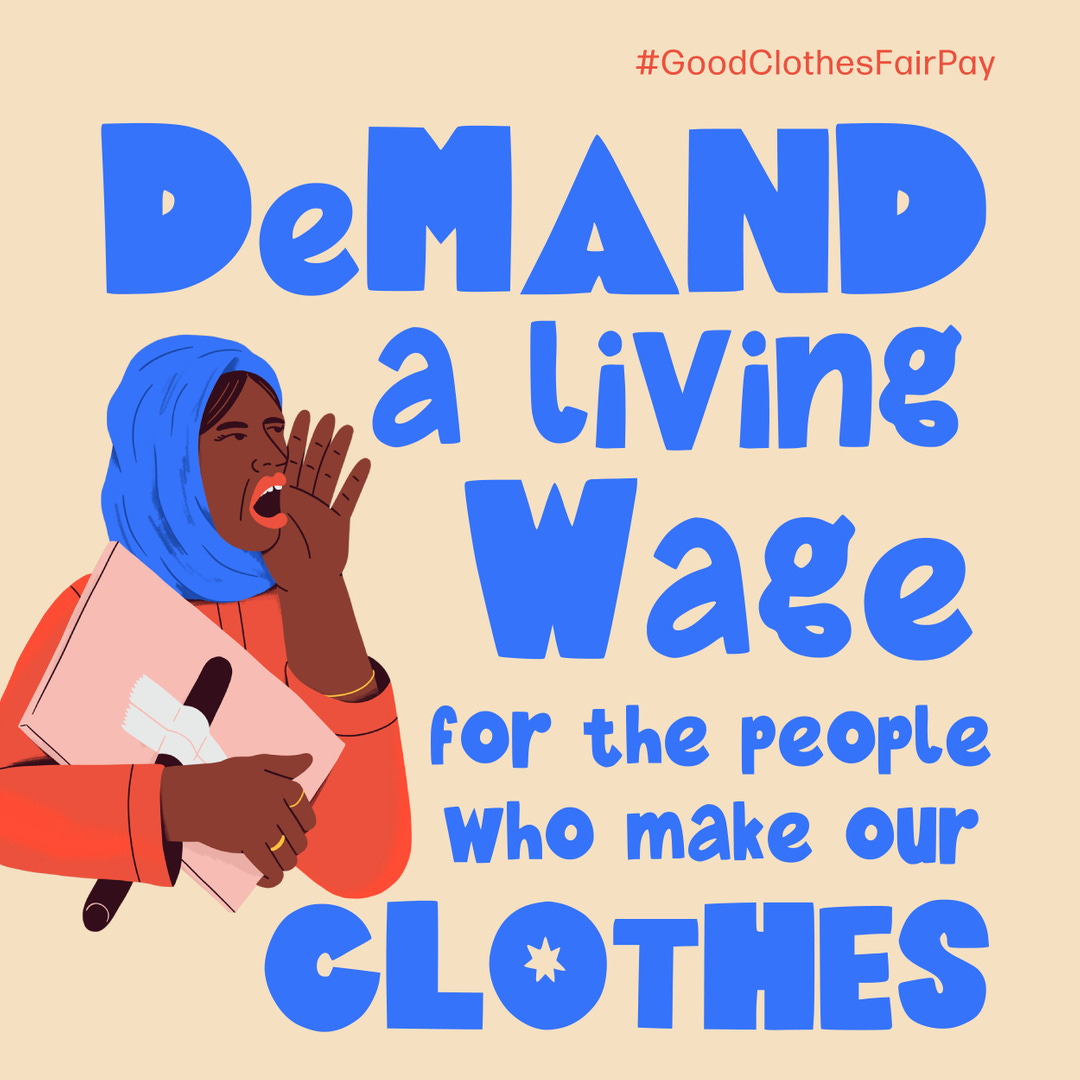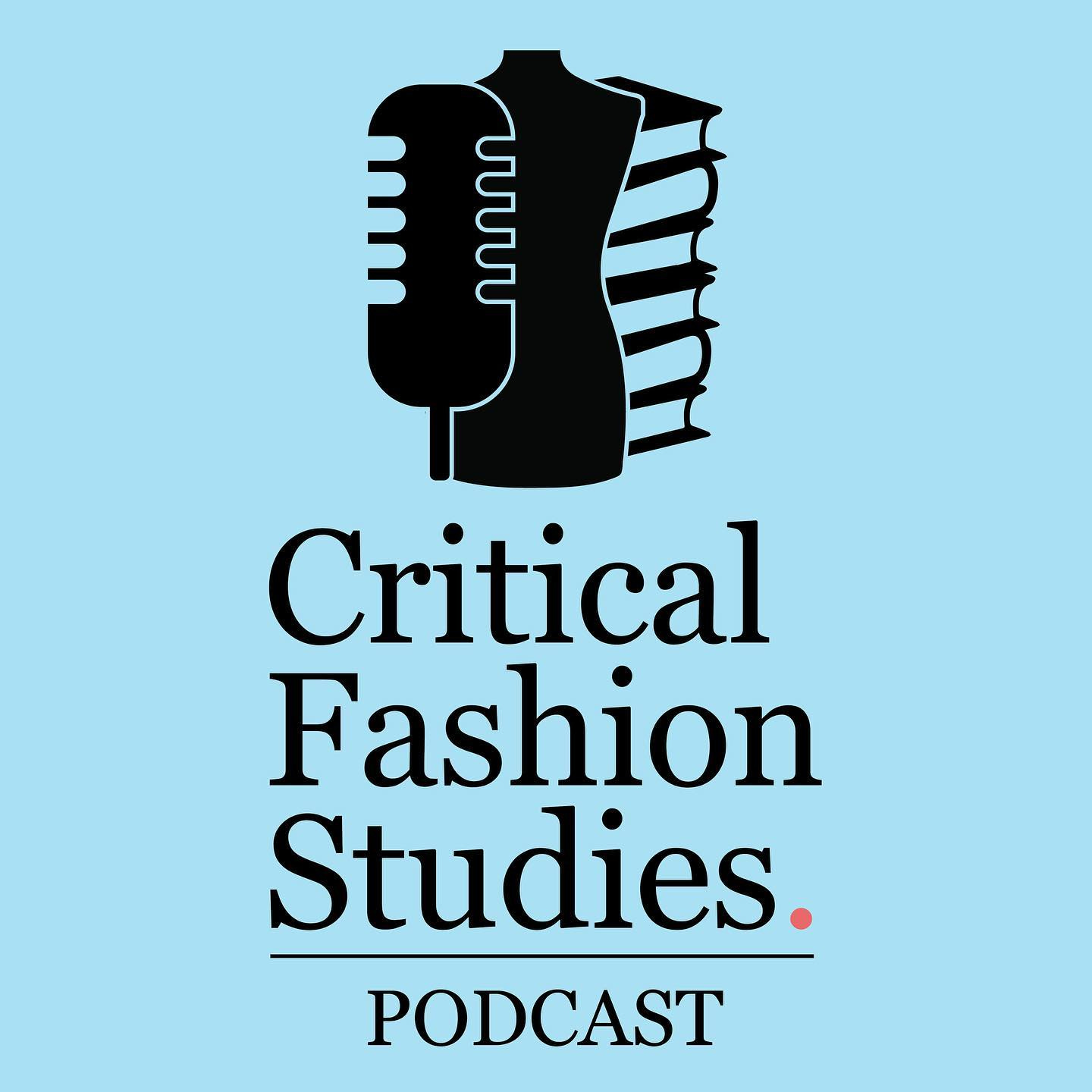July in Sustainable Fashion, Condensed.
#GoodClothesFairPay, the Golden Age of Thrifting is Over, and First Nation Fashion.
Hi there,
Often, progress looks like one step forward, two steps back. In the case of fashion’s sustainable transformation, that has been pretty evident this month.
It’s never been easier to find “sustainable” fashion products. Every man and their billion pound fast fashion empire is slapping “recycled” stickers on polyester crop tops and calling it circular these days. You’d think, despite plenty of blatant greenwashing, that the industry is generally moving in the right direction.
Apparently not. According to Fashion Revolution’s new Fashion Transparency Index that came out this month, progress is still painfully slow — transparency among 250 of the world’s biggest brands is up only 1% from last year to a dismall average score of 24%.
Also new this month: the Higg Index, a widely used methodology that scores materials on their sustainability, has been suspended for using untrustworthy data, as well as being generally being unreliable and biased. I also read a new report that criticises Life Cycle Assessments (a methodology that measures the footprint of a product from raw material to end of life). Plenty of brands have been conducting LCAs lately in an effort to prove that their product is more sustainable than the market equivalent. But according to the authors, LCAs are frequently untransparent, unscientific, and “at best meaningless, at worst pernicious.”
Don’t get me wrong, scrutiny is crucial. But I do feel for brands that have relied on these tools in an attempt to measure and improve the sustainability of their products, in (usually) good faith, only to have them discredited basically overnight. What are they supposed to use now? Considering that it’s the big brands that are funding these tools (because they’re the only ones with money to do so), is it even possible to make them unbiased?
As always, I love to hear your feedback and thoughts. Hit reply at the end of the email to get in touch! Until next month,
Meg X
Things I Didn’t Write
Mountains Of Clothes Washed Up On Ghana Beach Show Cost Of Fast Fashion by Liam James for the Independent.
Nope, Fashion Is Not Responsible for 20% of Global Water Pollution, Either by Alden Wicker for EcoCult.
Past The Parcel: How The End Of Free Returns Will Change The Way We Shop by Sophie Benson for The Guardian.
Climate Change Is All About Power. You Have More Than You Think by Rebecca Leber for Vox.
‘The Golden Age of Thrifting Is Over’ by Isabella Grullón Paz for the New York Times.
Scaling a Next-Gen Material by Lauren Cochrane for Atmos.
‘Not One Shirt Had Ever Fit Them Right’: The Rise of Individualised Fashion by Lucianne Tonti for The Guardian.
Buy Now Pay Later: Debt Trap or Tool for Sustainable Shopping? by Tayla Nova for EcoCult.
Marie Claire UK Sustainability Awards 2022: the Fashion Winners by Alice Barraclough for Marie Claire.
Adidas, H&M and Zara Told to Make ‘Responsible Exit’ from Myanmar by Alisha Rahaman Sarkar for the Independent.
Report: The Rise of Life Cycle Analysis (LCAs) and the Fall of Sustainability by Veronica Bates-Kassatly Dorothée Baumann-Pauly for the Geneva Center for Business and Human Rights.
The To-Do List
Fashion Revolution’s Good Clothes, Fair Pay campaign launched this month, calling for living wage legislation across the garment, textile and footwear sectors. If you’re an EU citizen, add your signature to this petition! If it gets 1 million signatures, it has the chance to become legislation that will require companies to conduct living wage due diligence in their supply chains.
How to Find Joy in Climate Action, a TED Talk by Ayana Elizabeth Johnson (10 min) Feeling hopeless about the climate crisis? Aren’t we all? There is so much to take away from Ayana’s TED talk, in which she shares her blueprint for finding your unique way to contribute to climate action.
Nina Fitzgerald on First Nation Fashion (24 min) This episode of the new Aussie podcast, Critical Fashion Studies, is really interesting. Hear from Indigenous fashion curator and creative director Nina Fitzgerald, who talks about the increasing interest in Indigenous fashion in Australia. “Embracing First Nation’s creativity and ingenuity within the Australian fashion landscape is only going to enrich what already exists, so it’s really important that these stories are brought into the fold,” she says.
Thanks for reading The Titian Thread newsletter! Subscribe for free to receive new posts and support my work.






